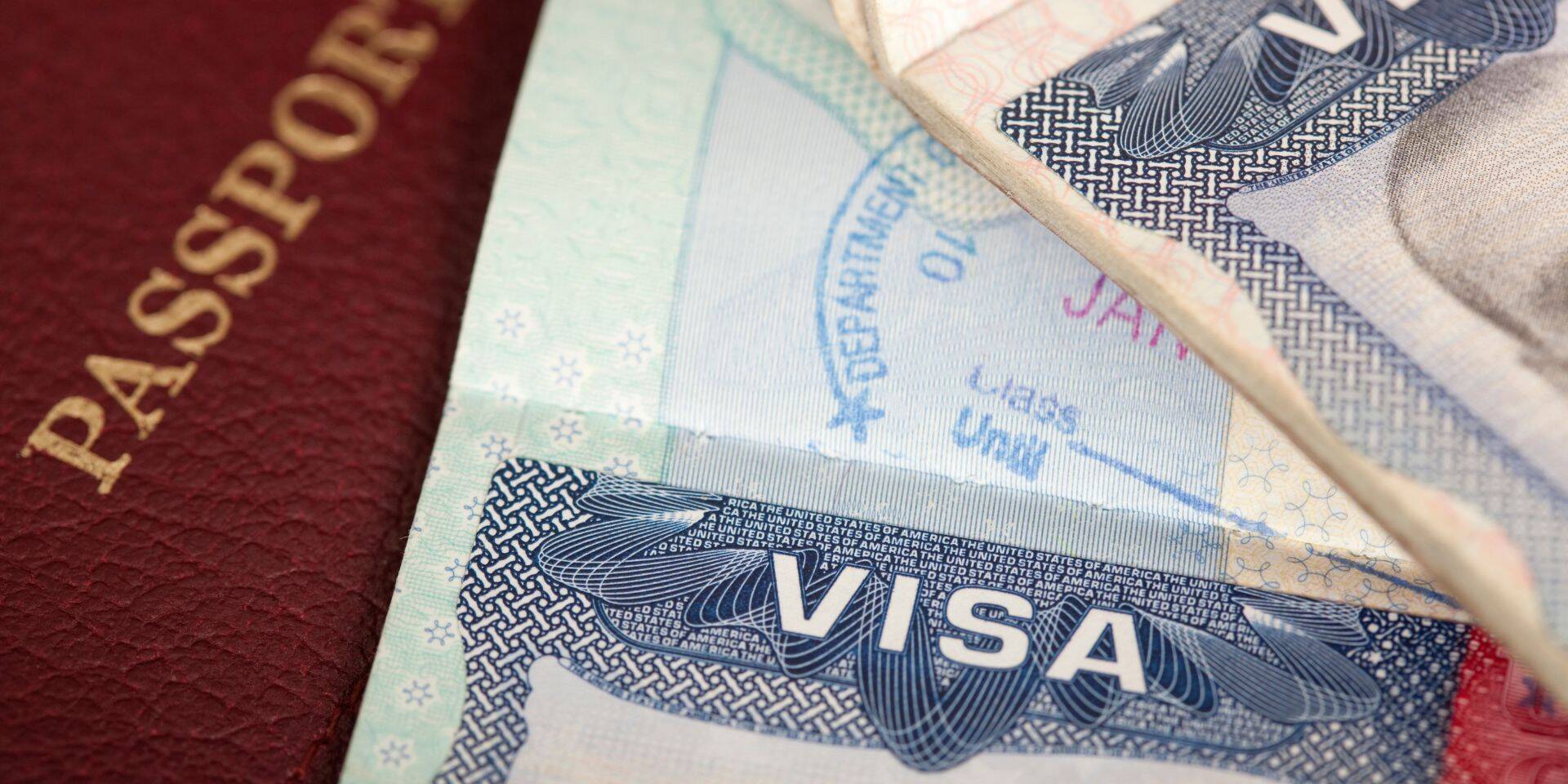U.S. Immigration and Customs Enforcement (ICE) will consider military service by noncitizens or someone in their immediate family in deportation decisions, considering it a “mitigating factor” against deportation. This policy was issued in May but only announced this week. The veteran status will have to be verified if claimed by a noncitizen. ICE states they will generally not deport veterans who qualify for naturalization or non-citizens on active duty. This policy follows legislation that makes it easier for immigrant veterans to become citizens. In addition, previously deported veterans will have an easier time obtaining permanent residency.
Official reports from the US Government Accountability Office say at least 250 veterans were deported or in the deportation process between 2013 and 2018. However, ICE did not keep complete data on them, so the actual number could be significantly higher.
Trump’s presidency saw a significant decrease in the number of immigrants that were naturalized based on military status when compared to the preceding Obama administration. These numbers reached their lowest in 2020 when less than 2,600 immigrants were naturalized for their military service. This is a stark contrast to the 9,100 noncitizens naturalized for their military service within one year of the Obama administration. A significant factor of this change occurred in 2017 when additional requirements were added to the process of certification of active service. These requirements included a six-month active duty requirement and a background check, in order to ensure “complete security and suitability screening” of each potentially naturalized service member by the Department of Defense. However, the policy was vacated in 2020 by a federal judge who stated that the Department of Defense had exceeded its authority in that decision.
Since then, the Biden administration has announced an attempt to bring back veterans, service members, and their families who had been deported.
If you have questions about your deportation issue or any other immigration-related topic, contact us at ILBSG. We work with our clients considering their individual situations to ensure they get the right advice.



